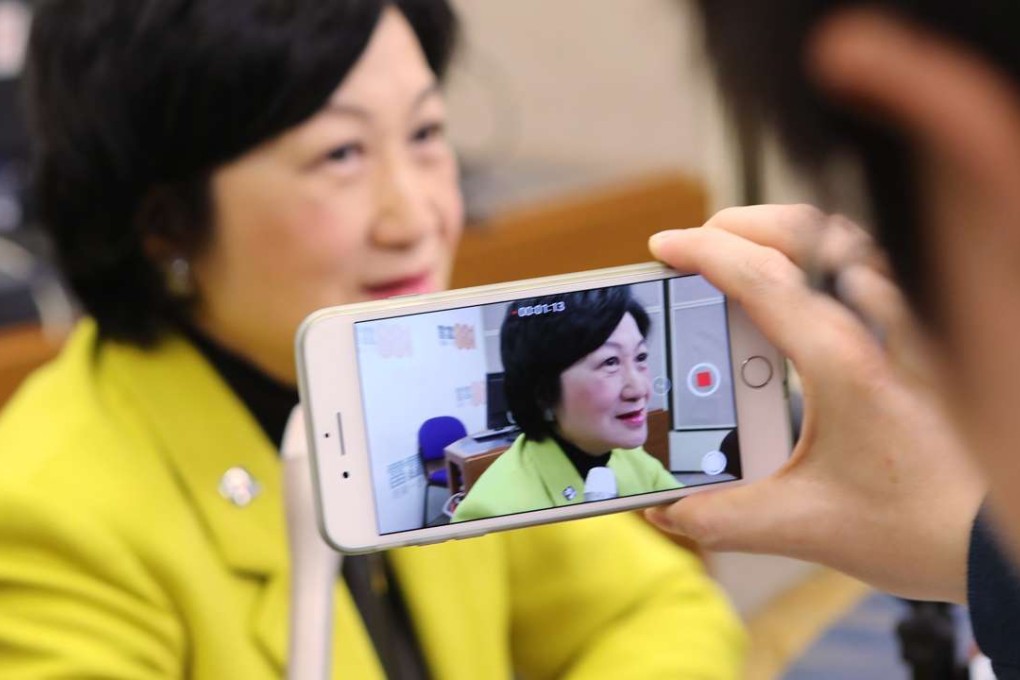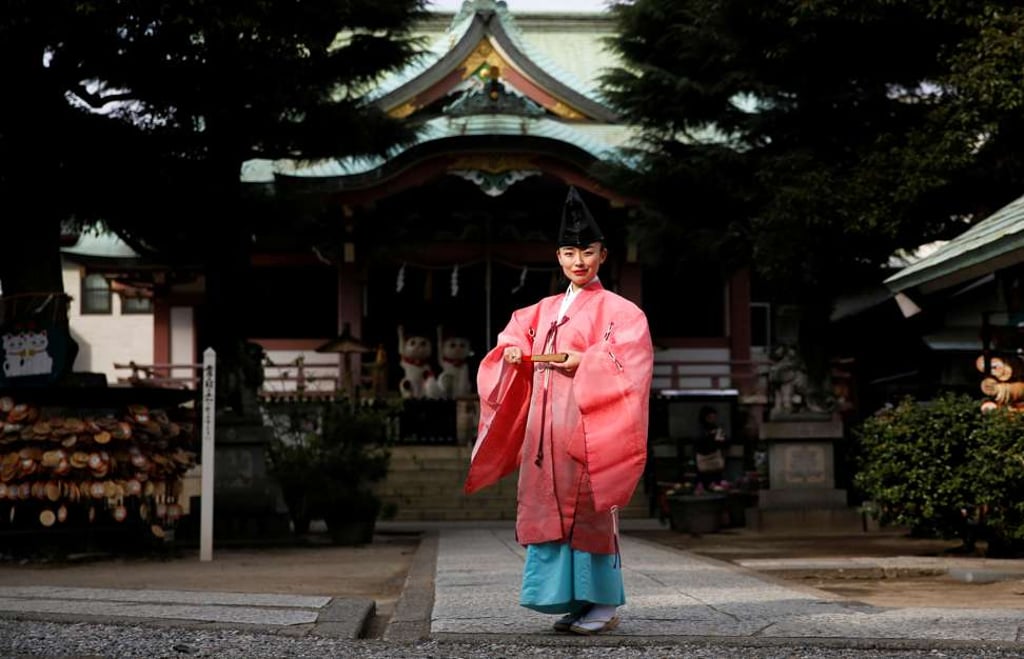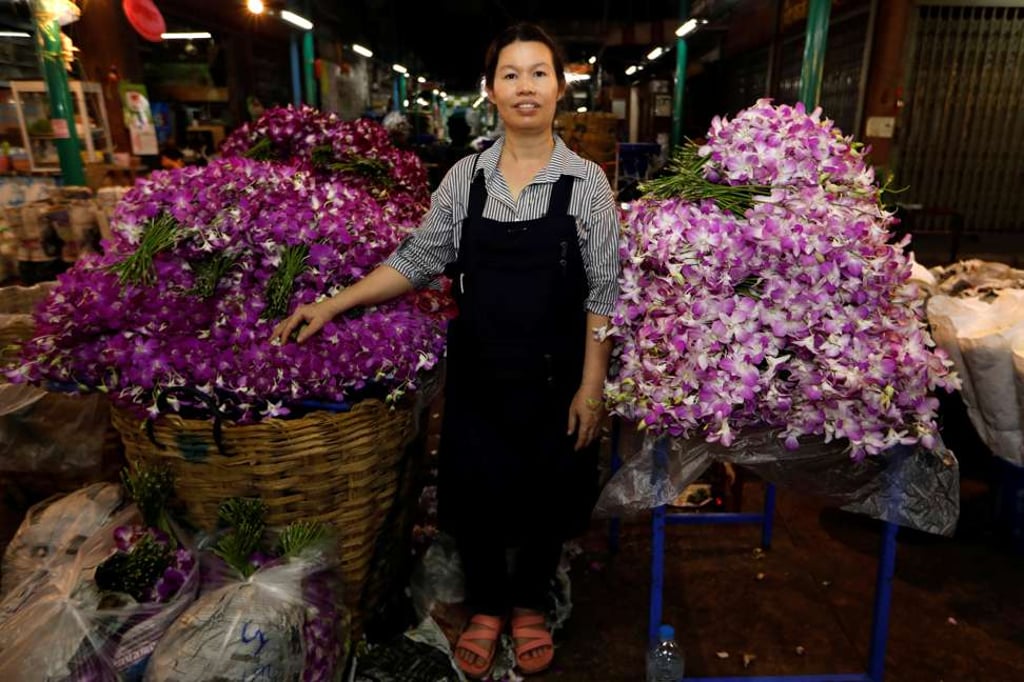Advertisement
Women should stop putting up with the casual put-down
Alice Wu says women should speak up against being talked about – or talked to – in a way that is discriminatory. Words are important as they reflect our character
Reading Time:3 minutes
Why you can trust SCMP

According to the World Economic Forum’s 2016 gender gap index, we will be long dead before the gender gap closes entirely, in 2186. The index also found that progress has decelerated, stalled or reversed in nations around the world. Perhaps most worrying is that the gap in political empowerment was particularly pronounced in the United States, which ranked 73rd in that category – and this was before Donald Trump was elected president.
There are still places where women are not allowed to testify in court, not even when they have been assaulted and raped. The cruel and harmful practice of female genital mutilation continues in the world today. Words that demean women as fat, ugly or nasty, or those dehumanising women and reducing them to an animal, an object or a mere body part may seem trivial, but they’re not. And any suggestion about grabbing women by their private body parts is definitely not OK. As long as such talk is deemed excusable, or even encouraged in any way, women are in harm’s way.
This is not about political correctness, but about respect
There is a lot of work to be done, and as we – men and women – celebrate International Women’s Day on Wednesday, I hope we will all aspire to be better people, beginning with the way we talk about and to women. This is not about political correctness, but about respect. The words we choose are reflections of character.
Advertisement
After former Security Bureau chief and current lawmaker Regina Ip Lau Suk-yee announced that she was pulling out of the chief executive race because she did not secure enough votes to be nominated (a process made much more difficult this time around), I was distraught to read the many jokes made about her. One stood out for me. It connected Ip to the negative stereotype of the “female boss”. I have actually heard that Ip is very respected as a boss. It was a swipe at Ip, masked in a gender stereotype. We do not need to agree with Ip’s politics, but to fault her for being a woman is just ignorant.
Why do so many people in Hong Kong love to hate Regina Ip?
Advertisement
Advertisement
Select Voice
Select Speed
1.00x

